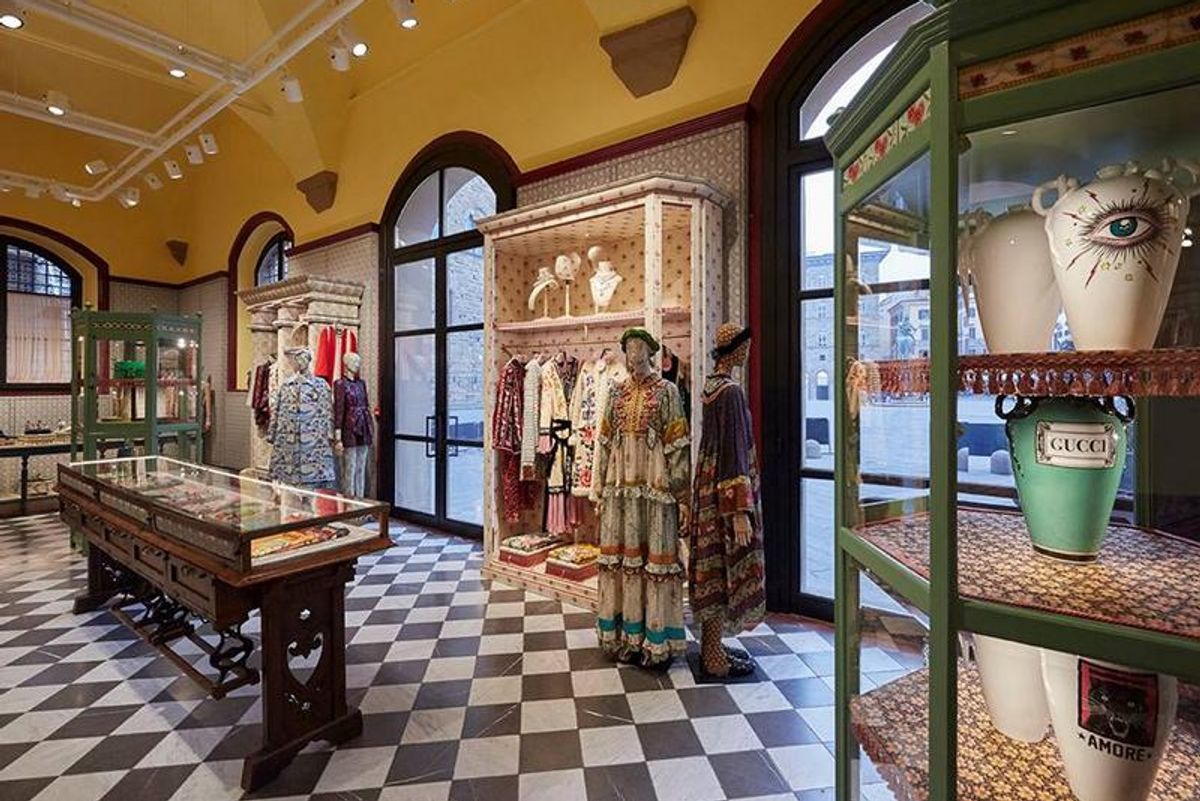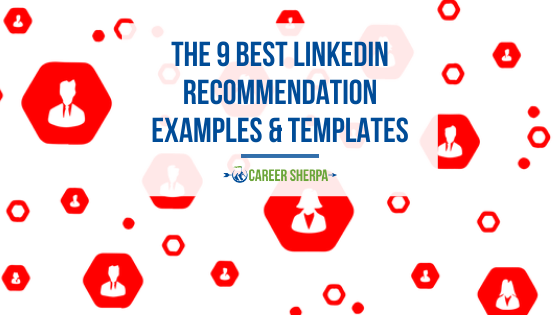
The metaverse is coming. Are you prepared? If you are struggling to understand what the metaverse is, why it matters, and if you should pay attention to it, you are not alone. It’s estimated that the metaverse is expected to reach $679 billion by 2030 with a handful of companies jumping in from Meta (formerly Facebook), Roblox, Gucci, to artists like Tory Lanez.
The metaverse has been referred to as the next new internet era. It consists of three core technologies:
- A virtual world focused on social connection where people can work, play, and shop.
- A digital twin of yourself that mirrors the real world in a virtual world, allowing you to go anywhere you want.
- A digital economy where you can create, buy, and sell goods.
Just like real life, the metaverse provides many opportunities to do things in real-time like go to concerts, attend events, play games, go on dates, listen to music, shop, and even work. Here are three examples of the metaverse and how it can apply to you.
Virtual Reality

We could be spending more time in virtual reality sooner than we expect. Virtual reality has been around for some time now within video games, entertainment, medicine, and even education.
So what is it? Virtual reality (VR) is a computer-generated environment that can be interacted with in a seemingly real or physical way by using special electronic equipment: a helmet with a screen inside or gloves fitted with sensors. VR implies a complete immersion experience, giving you the impression that you’re somewhere else while shutting out the real world.
Several companies are dabbling with VR experiences.
- Roblox has become the go-to platform for brands to experiment in this space. Chipotle hosted a virtual restaurant where visitors could receive a free burrito coupon. The Gucci Garden experience was an event where users could hang out in themed garden spaces, go shopping, and wear exclusive Gucci virtual items. Hyundai Mobility Adventure featured popular vehicles and future mobility solutions. In the Vans World, players could skateboard in various parks, customize their appearance, and purchase clothes to wear back in the real world. Lil Nas X dazzled fans with a virtual concert experience that attracted 30 million visits to the event.
- Wave platform is a virtual entertainment company and is the popular landing page for live shows where artists can perform a concert in an immersive experience that allows for collaborations in creative ways. The entertainment experience is the most realistic live performance experience in the world. Waves are live, interactive shows that utilize live music and broadcast technology creating a live virtual experience that is exceptional. Recent virtual shows include Justin Bieber, The Weeknd, and Lindsey Stirling, to name a few.
Far fetched, not really. VR is an excellent opportunity for businesses to create an immersive experience that promotes engagement. Here are some ideas to think about as you ponder how to dip your toe into this space:
- Employee Training: Train employees on everyday work scenarios in a virtual environment before moving on to the real thing. Think doctors/surgeons trying out new tools and procedures in a safe simulated environment, pilots utilizing flight simulators, teachers testing their teaching methods in a virtual classroom, to the military using it for simulation (flight, battlefield, and vehicle), medic training, and virtual boot camp.
- Events: Companies can attract customers to host events at their facility by leveraging VR to see a 360-degree view of a custom-designed room set up. On the other hand, individuals can attend events in the form of an avatar, interacting with other attendees, walking the floor, and listening to speakers.
- Marketing, Sales & Retail: Customers can visit a virtual showroom, pop-up or retail location, interact with a sales representative, and try out the merchandise (i.e a new car, furniture, jewelry, clothing, etc.). These virtual store simulation environments are a great way to test out new designs, signage, product displays without committing to a real-world store layout.
Augmented Reality

Companies are seeking out innovative ways for consumers to experience their brands. Augmented reality may be the answer to cultivating brand awareness and encouraging brand loyalty.
Augmented reality (AR) is a technology that augments your experience of the real world, enhancing it with sound, touch, and even smell. AR is designed to add to the things you already do like work, play, shop, explore, and have fun.
While still in its early days, here are three companies leading the way with AR:
- Nintendo’s Pokemon Go: One can’t talk about AR without mentioning the hugely popular Pokemon Go that brought AR into the mainstream, generating $2B in-app purchases. The AR experience involved finding Pokemons on a real-world map. When you get to the location, you use your camera to see them in the ‘real world’ via your phone screen and then catch them.
- Snapchat: Snapchat is leading the AR revolution, reimagining AR experiences with the following:
- Connected Lens: This allows two Snapchat users to share an interactive AR experience, whether sitting side-by-side in the same room or miles apart.
- Scan: Users scan to find a song, shop, calculate a math problem, and more.
- Cartoon 3D Style: Turn yourself into a cartoon character with this filter.
- Local Lens: Launching ‘City Painter’ enabling users to virtually spray paint above London’s Carnaby street’s shops, decorating them with pre-created murals.
- IKEA: Ikea Place is an AR app that lets you take products for a virtual spin before you buy them. Shoppers can now seamlessly go from visualizing how furniture might look in their home to purchasing in a few easy steps.
Here are three ways you can utilize augmented reality in your business:
- Try Before You Buy: AR is a great way for customers to try products before they buy—clothing, cosmetics, jewelry, cars, home goods, and much more.
- User/Instruction Manuals: AR provides a digital interface that displays the content visually during setup, configuration, troubleshooting, maintenance, and demonstration.
- Brand Materials: Scan marketing materials with your mobile device to access a range of features such as a video, speak with a customer service representative, or access a digital coupon.
NFTs

We’ve seen incredible interest in NFTs, especially in the music vertical. What will this trend bring to the table for indie music artists who can fund their projects with NFT drops, independent of record labels?
Let’s run this back. NFT stands for non-fungible token and is supported by cool technology called blockchain. Consider this blockchain example: Let’s pretend a french bulldog lives in your home and the backbone or the spine of the Frenchy controls a lot of its functions where the spine is very complicated with nerves, bone, individual vertebrae units, muscles, etc. You could consider blockchain as the backbone for NFTs and is an extremely impressive technology that is a system of recording information in a way that makes it difficult or impossible to change, hack, or cheat the system and, at the end of the day, is just cool.
Four important things to consider:
1. Creation
- The blockchain concept creates a non-interchangeable unit of data or a digital ledger form that can be sold or traded.
- NFT data units may be associated with digital files such as photos, videos, and audio.
- NFTs can be bought and sold, usually with ETH, a popular cryptocurrency such as Solana that is getting a lot of attention. Solana is an open-source blockchain with tech that solves scalability through speed. This has become an interesting investment option and extremely popular among music artists.
2. Minting
You can mint your NFT, which is an innovative way to guarantee that you get credit for an original creation. For simplicity’s sake, as all minting platforms are a little different in their approach, you can upload a digital asset for minting which processes information in a blockchain format and creates a record in preparation for a sale. The information may include royalties paid to the artist, a description, and a link to your website. Your NFT is then put up for sale (think Shopify type of storefront). Some of the more popular marketplace sites are OpenSea or Looks Rare.
3. Leaders
An artist who has been successful in the space includes Tory Lanez who, in addition to the gorgeous use of color and style in the artwork, dropped his music in a 7 songs/7 works of art format. The story goes that E NFT Marketplace (Emmersive Entertainment) sold out his “When It’s Dark by Tory Lanez” collection of 1 million units in under 1 minute. Each unit was $1.00 and he sold out placing the album in his self-acclaimed notation of “Platinum Album Sales.” According to Google, one of his NFTs has already flipped from that sale to $50,000 value. Exciting. This is a way for artists and creators to have ownership instead of the current indie artist hustle which includes posting on social media and hoping for brand deals, streaming revenue, etc. This is the future.
To say that the industry is an interesting investment strategy for consumers has proven to be an understatement. Will you be the next investor in digital assets like NFTs and cash in on the hype?
4. Practical Implementation
Learning how to use NFTs in your brand can help improve brand recognition, loyalty, and create unique experiences for customers.
- Reward customers by issuing limited edition items like Coca-Cola did by creating a “loot box.”
- Raise funds for social causes such as memorabilia and sell for causes in your community.
- Build brand loyalty by educating customers on trending topics around NFTs, AR, VR, Metaverse, and WEB3.
While we don’t know exactly what the metaverse will become, this next moment in time will have gigantic implications for our society. The metaverse will unlock new opportunities from VR, AR, NFTs, and more for companies, brands, professionals, communities, artists, and those who choose to engage. While there is a risk, the potential is huge and we’re still in its infancy. Are you prepared for the future of the metaverse?
































